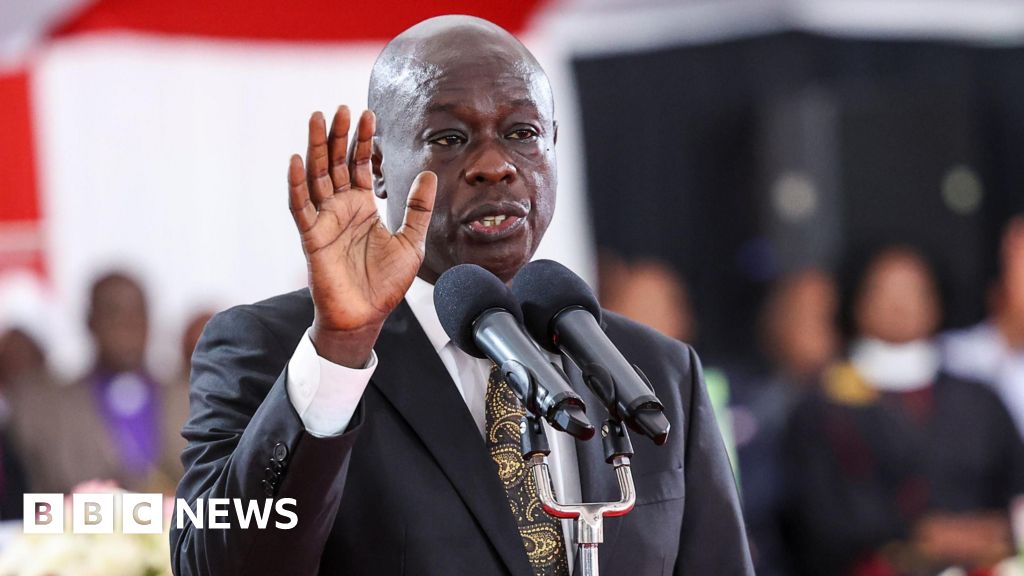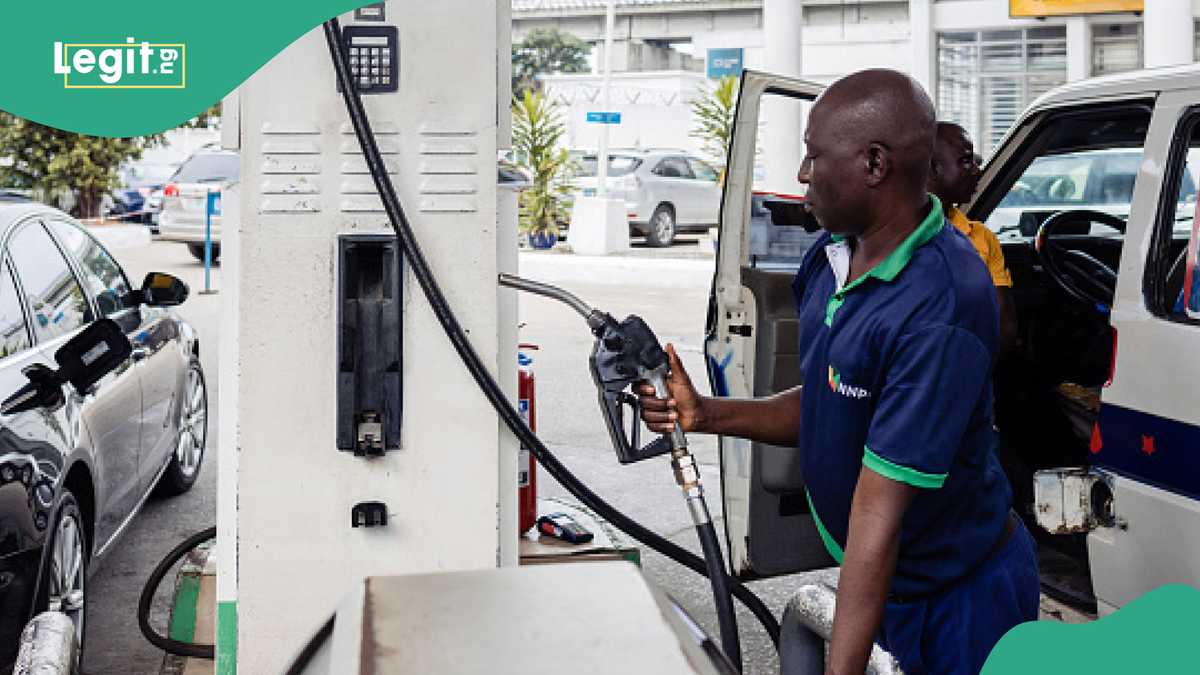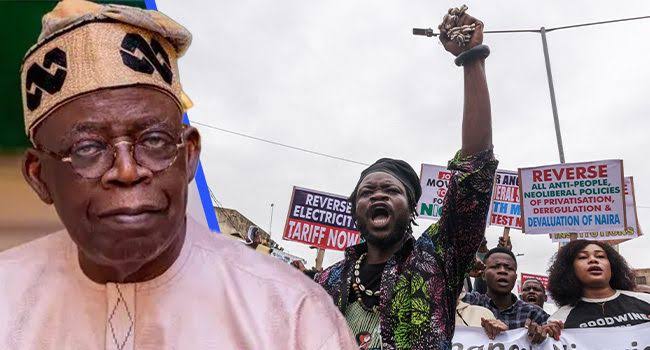- Smart DNA’s 2024 report indicates that 27% of paternity tests conducted from July 2023 to June 2024 came back negative
- According to the report released on Sunday, September 1, by the research centre, this suggested that over one in four men tested are not the biological fathers of the children in question
- Elizabeth Digia, operations manager at Smart DNA, shed more light on the DNA report carried out in Lagos state
Legit.ng journalist Esther Odili has over two years of experience covering political parties and movements
Lagos state, Nigeria - Smart DNA, a leading DNA testing centre in Lagos state, has released its comprehensive 2024 report on DNA testing trends in Nigeria, covering July 2023 to June 2024.

Source: Facebook
The report unveils several astonishing findings that illuminate societal dynamics, economic factors, and changing family structures in Nigeria.
According to The Punch, the report, which was made available to the News Agency of Nigeria (NAN) in Lagos on Sunday, September 1, showed that paternity uncertainty remained high.
PAY ATTENTION: Сheck out news that is picked exactly for YOU ➡️ find the “Recommended for you” block on the home page and enjoy!
This indicate that 27 percent of paternity tests conducted came back negative, meaning that more than one in four men tested are not the biological fathers of the children in question.
How the DNA tests was conducted
An overwhelming 73.1 percent of all DNA tests were conducted in Lagos, with a stark divide between Mainland (67.5 percent) and Island (32.5 percent).
This concentration highlighted the economic divide within Lagos and across Nigeria, raising questions about access to such services in other parts of the country.
Commenting on the report, Elizabeth Digia, operations manager at Smart DNA, said:
“These findings offer a unique window into the changing dynamics of Nigerian families and society.“The high rate of negative paternity tests and the surge in immigration-related testing are particularly noteworthy.“They reflect broader societal trends that merit further discussion and research.“The concentration of testing in Lagos also raises important questions about accessibility and awareness of DNA testing services across Nigeria.“As a company, we’re committed to expanding access to our services nationwide while maintaining the highest standards of accuracy and confidentiality.’’As reported by The Vanguard, the statistics showed that most of the children tested were aged 0-five (54.0 percent), suggesting a preference for early paternity confirmation.
Men aged 41+ (45.6 percent) and 31-40 (37.0 percent) were most likely to request tests, potentially reflective of economic capabilities or increased paternity concerns in older men.
Read more about DNA here:
- Nigerian lady takes DNA test to know where she comes from, result goes viral
- Neymar undergoes DNA test to determine fatherhood of 10-year-old girl
- "God shielded me from Nigerians": Pastor Tobi speaks on DNA saga
Paternity saga: Popular Ifa Priest offers alternative to Nigerians
Earlier, Legit.ng reported that an Ifa priest, Chief Ifayemi Elebuibon, has opened up on the local means of determining the paternity of a child.
Elebuibon said the Yoruba traditional means can be used to settle paternity issues following the rising cost of conducting deoxyribonucleic acid (DNA tests).
The Osogbo-based Ifa Priest explained in detail to journalists how this is done even from childbirth.
Source: Legit.ng
















 English (US) ·
English (US) ·